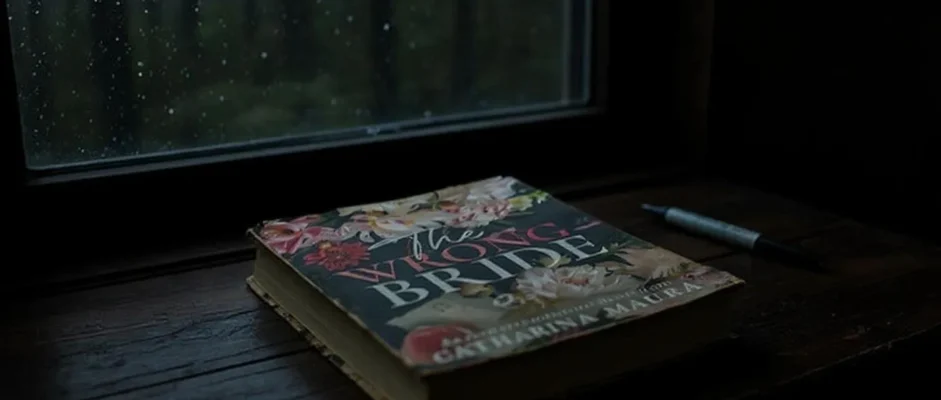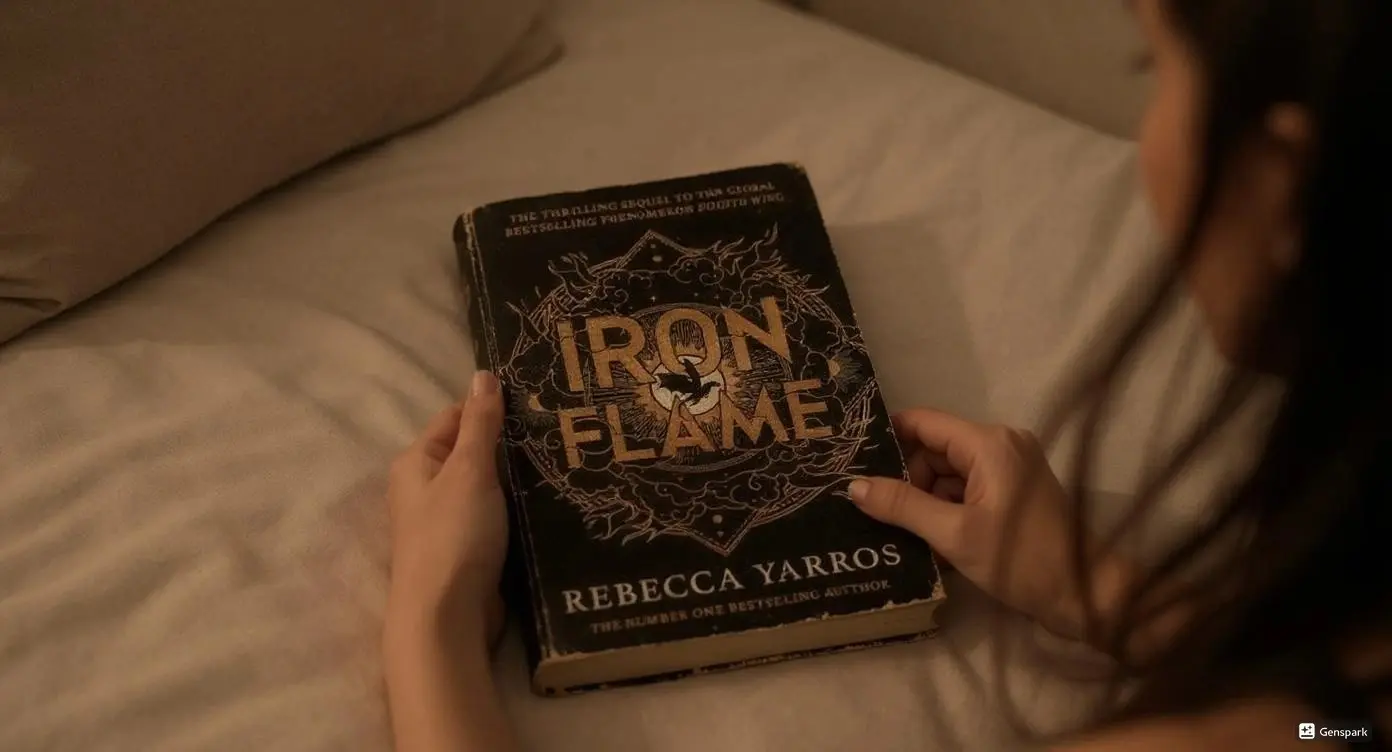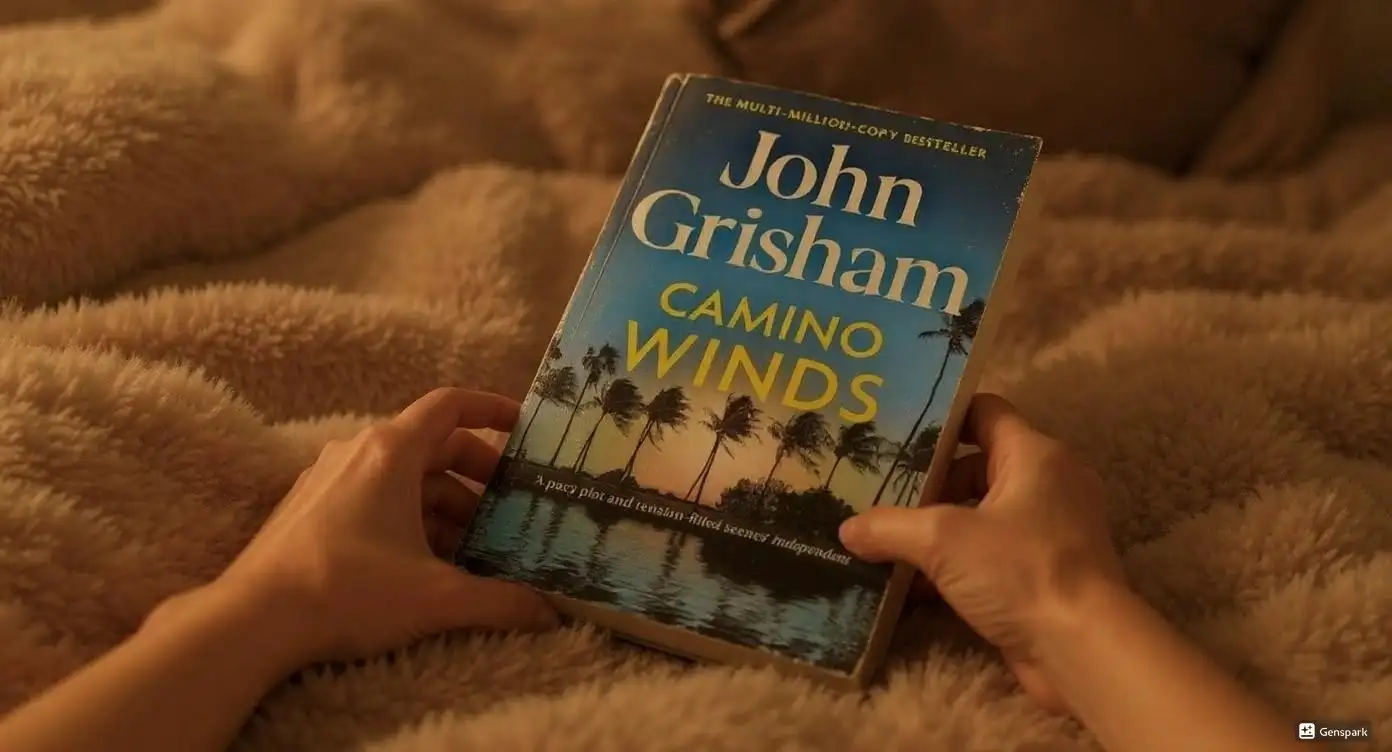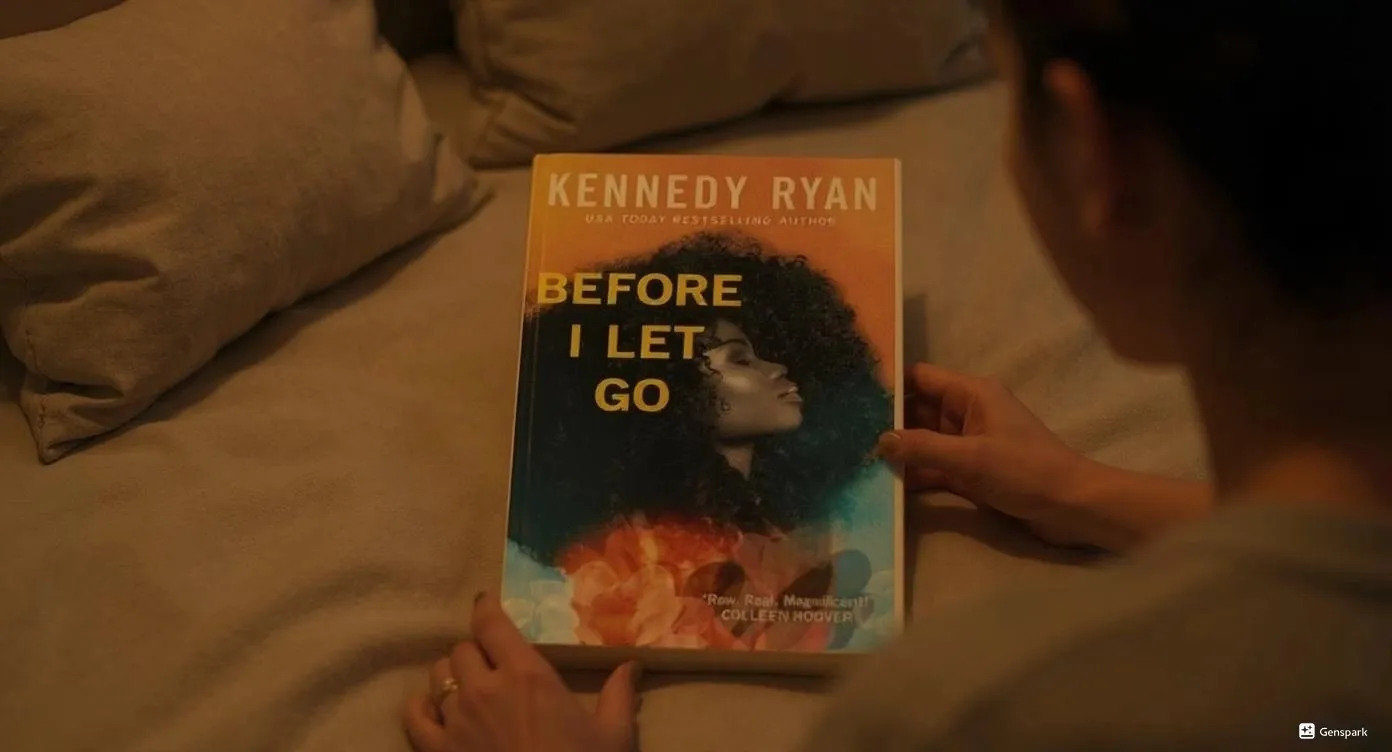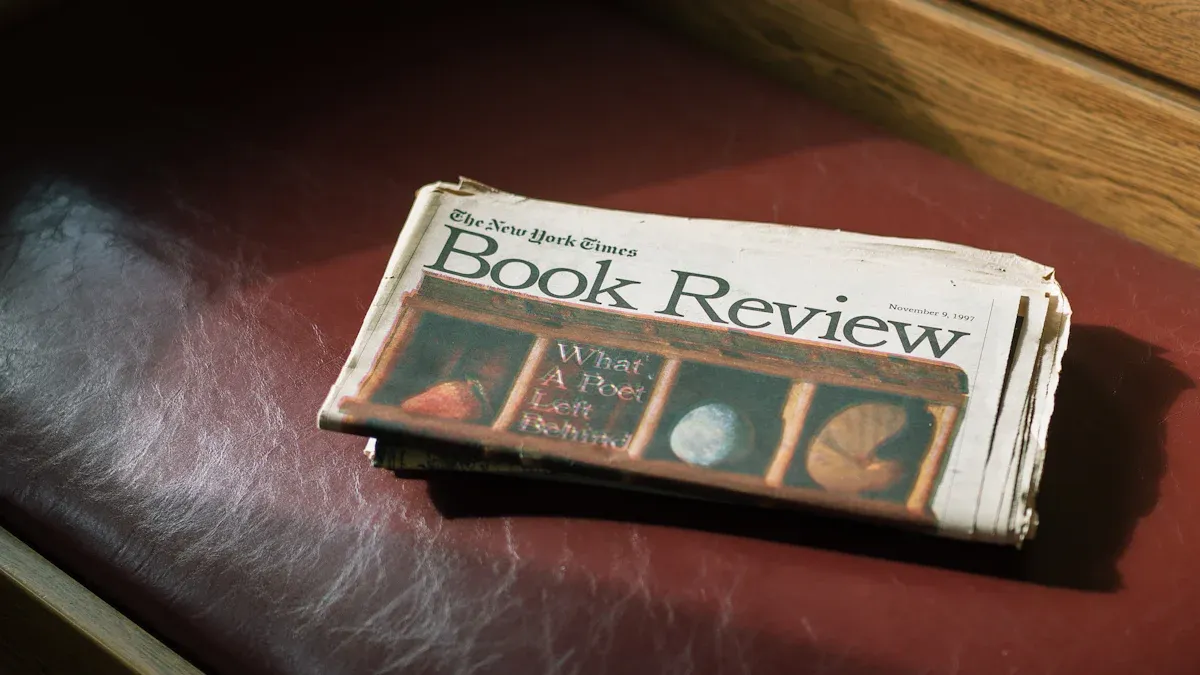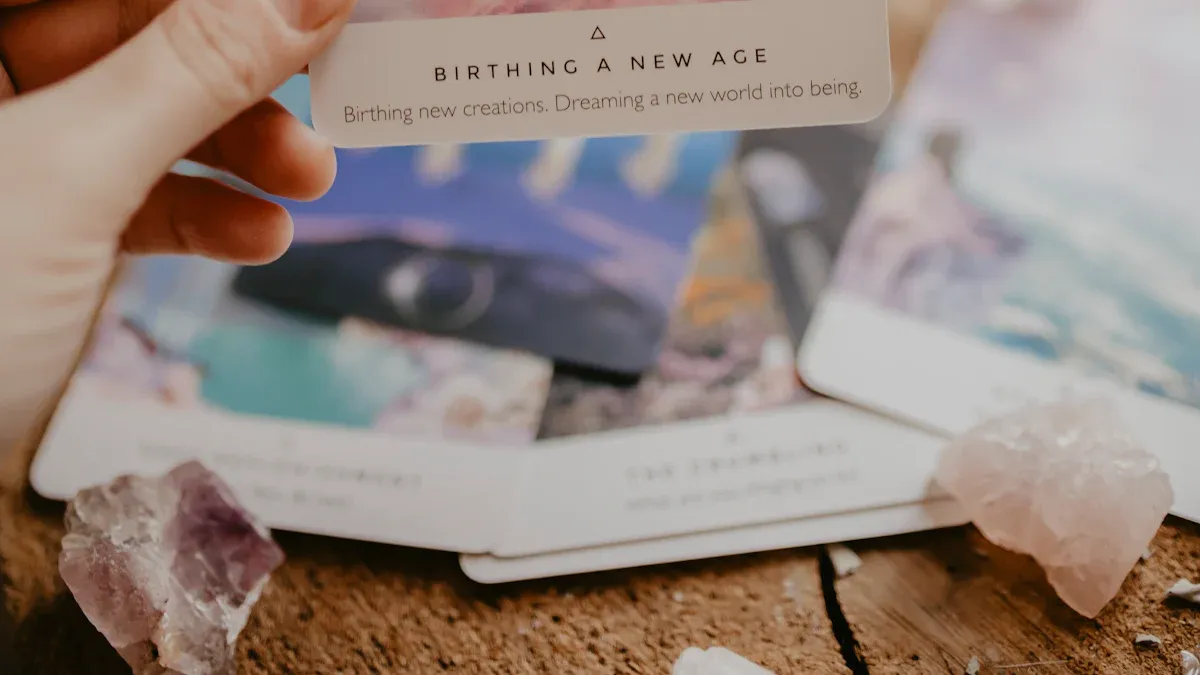I slammed my coffee mug down at 3:17 AM, heart racing from the wedding scene. My cat jumped off my lap as I whispered “no way” to my empty living room. I’d picked up The Wrong Bride expecting another predictable billionaire romance. Instead, I found myself texting my sister at dawn about family favoritism patterns I’d never acknowledged.
The rain drummed against my apartment windows as I devoured this story. Catharina Maura crafted something that made me question every arranged marriage trope I thought I understood. When Raven steps into her sister’s abandoned wedding dress, I felt my chest tighten with recognition. I’ve been the overlooked sibling. I know that desperate hope mixed with crushing disappointment.
Key Takeaways
The arranged marriage premise examines self-worth through psychological depth rather than surface drama. Both characters transform through internal realization, not convenient plot devices.
Dual POV narration balances perspectives effectively, giving authentic voices to both Raven and Ares without favoring either journey.
Family dysfunction creates realistic conflict that extends beyond romance into themes of belonging and identity that readers will recognize.
Character development drives every scene forward, with emotional growth that feels earned through genuine struggle rather than easy resolution.
The billionaire elements serve the emotional core instead of overwhelming it, focusing on connection over material excess.
Basic Book Details
Publishing Information: October 15, 2022 by Ichara Publishing
Genre: Contemporary Romance
Plot: Younger sister marries billionaire when bride disappears on wedding day
Series Information: Book 1 in The Windsors series
Page Count: 382 pages
Main Characters:
- Raven Du Pont: Overlooked sister who’s loved Ares since childhood
- Ares Windsor: Media mogul engaged to wrong woman
The Story That Kept Me Awake
I grabbed this book during my lunch break, thinking I’d read a few chapters. Six hours later, I sat in my car outside my apartment, refusing to go inside until I finished. The wedding abandonment scene had me holding my breath. Maura builds tension perfectly as Raven faces her worst nightmare and secret dream simultaneously.
The author doesn’t rush into romance after the dramatic setup. Instead, she explores the psychological impact of marrying someone who wanted another person. I appreciated this honest approach. The wedding night scene particularly stood out for its emotional authenticity rather than typical romance convenience.
Raven’s love for Ares isn’t instant attraction. It’s years-long devotion that shaped her identity from childhood. This depth made her sacrifice feel devastating rather than romantic. I found myself angry at her family’s blind favoritism, remembering my own experiences of feeling invisible.
Characters That Feel Real
Raven’s Growth Hit Close to Home
Raven’s journey from shadow to strength resonated deeply with me. I’ve felt that crushing weight of always being the second choice. Maura doesn’t give her instant confidence after marriage. Instead, she shows the slow, painful process of learning self-worth when you’ve been conditioned to accept less.
The moments where Raven finally stands up for herself genuinely moved me. I cheered out loud when she stops apologizing for existing. Her growth comes from internal realization, not just male validation, which sets this apart from typical romance heroines.
Ares’s Emotional Evolution Surprised Me
Initially, I wanted to shake Ares for his blindness to Raven’s worth. But Maura gradually reveals his psychological barriers. His fear of vulnerability makes sense given his background. The man who commands boardrooms becomes uncertain when faced with genuine emotion.
His character development feels realistic rather than convenient. The confusion and resistance don’t disappear overnight, which I appreciated. Too many romance heroes transform instantly after great sex. Ares’s journey takes time and genuine emotional work.
Writing That Draws You In
Maura’s dual POV structure works exceptionally well. Both voices feel distinct and authentic. Raven’s internal voice carries vulnerability and determination, while Ares’s reflects his analytical nature and emotional walls. I never felt like one perspective was stronger than the other.
The pacing kept me engaged throughout. Emotional revelations are spaced effectively, building tension through internal conflict rather than external drama. The conflicts feel organic to the characters rather than manufactured for plot purposes.
The intimate scenes serve character development rather than existing purely for steam. The chemistry definitely sizzles, but it grows alongside emotional connection, making it feel earned.
Themes That Matter
The family dynamics in this novel hit painfully close to reality. Maura explores how families unconsciously create hierarchies that damage individual self-worth. The Du Pont family’s preference for one daughter over another made me examine my own family patterns.
The author doesn’t villainize the parents but shows how their choices create lasting psychological impact. The favoritism isn’t malicious but still devastating. This nuanced approach adds depth beyond typical romance conflict.
Both main characters struggle with identity. Raven as the overlooked sister, Ares as someone afraid of genuine vulnerability. Their transformation extends beyond individual growth to changing family patterns and relationship dynamics.
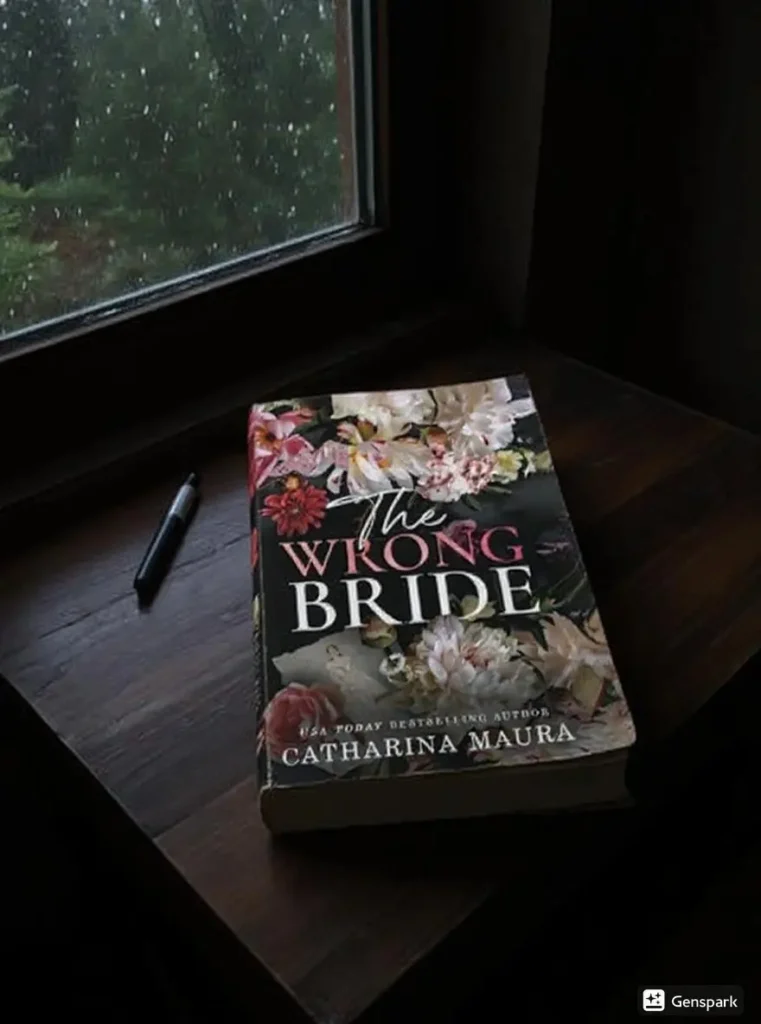
How It Stands Out
Compared to other billionaire romances I’ve read this year, this novel prioritizes character development over luxury lifestyle descriptions. The wealth serves the plot without overwhelming the emotional core.
Maura takes familiar romance tropes and adds psychological depth that sets her work apart. The arranged marriage gets fresh treatment through focus on emotional consequences rather than just romantic tension.
The book succeeds where many contemporary romances fail by making the central conflict internal rather than external. The obstacles come from character psychology, not contrived misunderstandings.
Final Verdict
The Wrong Bride succeeds as both character study and romance novel. Maura demonstrates impressive skill balancing psychological depth with romantic satisfaction. After reading over 200 contemporary romances this year, this one stands out for authentic character development and fresh approach to familiar tropes.
I recommend this for readers who appreciate character-driven romance with emotional complexity. The family dysfunction themes will resonate with anyone who’s felt overlooked within their own family dynamics.
The novel works well as both standalone and series opener. New readers won’t feel lost, while the established world provides foundation for future books. Maura has created something special here that goes beyond typical billionaire romance fare.
Dionysus Reviews Ratings: 7/10
Sip The Unknown—Discover Stories You Never Knew You’d Love!
Dionysus Reviews Has A Book For Every Mood
Biography & Memoir
Fiction
Mystery & Detective
Nonfiction
Philosophy
Psychology
Romance
Science Fiction & Fantasy
Teens & Young Adult
Thriller & Suspense
Frequently Asked Questions
What makes Raven different from other romance heroines?
Raven’s growth stems from internal realization rather than external validation. She learns to value herself independently, not because the hero finally recognizes her worth. Her journey from self-sacrifice to self-advocacy feels authentic and hard-won.
How does this arranged marriage story differ from others?
Rather than focusing on enemies-to-lovers dynamics, Maura explores the psychological impact of marrying someone who wanted another person. The emotional consequences drive the plot more than external obstacles or misunderstandings.
Does the dual POV enhance the storytelling?
The dual POV works exceptionally well, with distinct authentic voices for both characters. The perspective switching creates natural tension and provides insight into character motivations that might otherwise seem incomprehensible.
How realistic are the family dynamics?
The family dysfunction feels painfully authentic, exploring how unconscious favoritism creates lasting psychological impact. The author avoids villainizing parents while showing how their choices damage individual self-worth.
Is this suitable for new readers of Catharina Maura?
Absolutely. As the first book in The Windsors series, it establishes the world without requiring previous knowledge. The emotional depth and character development showcase Maura’s strengths as a contemporary romance author.
